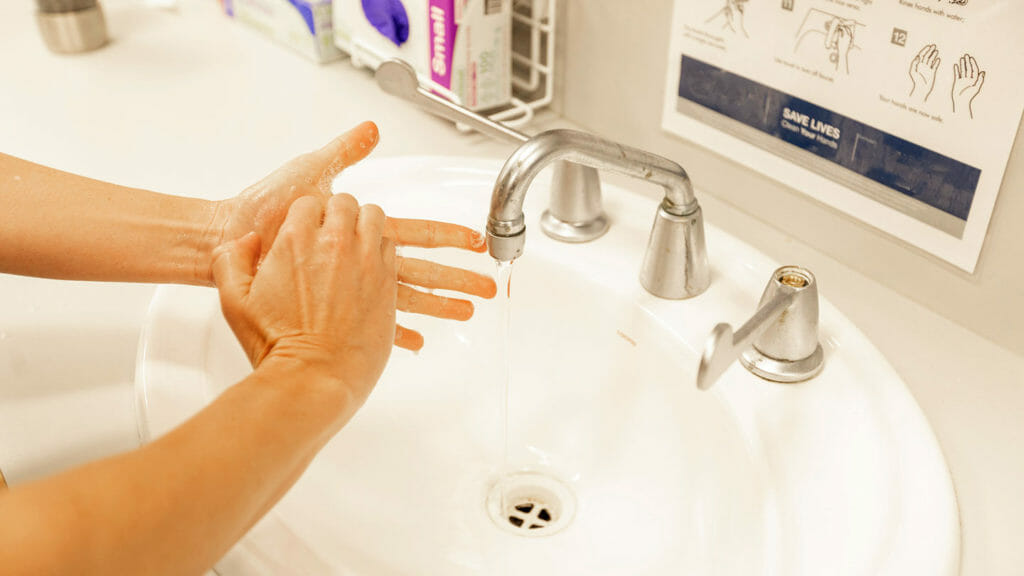

A California skilled nursing facility launched its compliance with hand hygiene and other infection prevention practices to near perfect levels thanks to continuous audits and training from its full-time infection preventionist.
Staff members with the 24-bed SNF at O’Connor Hospital in San Jose, CA, presented data Monday on the impact of hiring a full-time infection preventionist during the Association for Professionals In Infection Control and Epidemiology’s annual conference.
In November 2020, California announced that all SNFs in the state would have to have a full-time infection preventionist on staff. The position also has been prioritized nationwide by the Centers for Medicare & Medicaid Services for nursing homes.
O’Connor staff members said after they fulfilled the position, they focused on teaching best practices and enlisting “frontline champions” on every shift to ensure that infection prevention protocols were being consistently implemented facility wide.
The provider also implemented a direct observation audit tool to monitor multiple infection prevention practices. Included were hand hygiene and personal protective equipment use by staff, which soared from 66% in December 2020 to 99% in November 2021.
“Having a full-time infection preventionist dedicated to the SNF allowed for a drill-down and identified areas of opportunity, such as hand hygiene and proper donning and doffing of personal protective equipment,” said Priya Pandya-Orozco, RN, O’Connor’s infection control manager.
When errors were noticed, the frontline champions were able to “correct and identify non-compliment elements in real-time to ensure patient and staff safety were maintained,” added Jefferey Mantes, RN, who serves as the SNF’s infection preventionist.
“Preventing infections happens on the frontlines. In order to make improvements, infection preventionists need to be present and accessible to the staff,” Pandya-Orozco explained.





